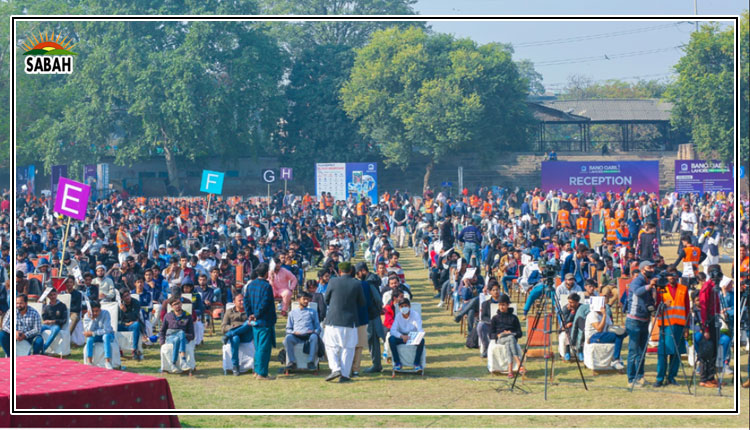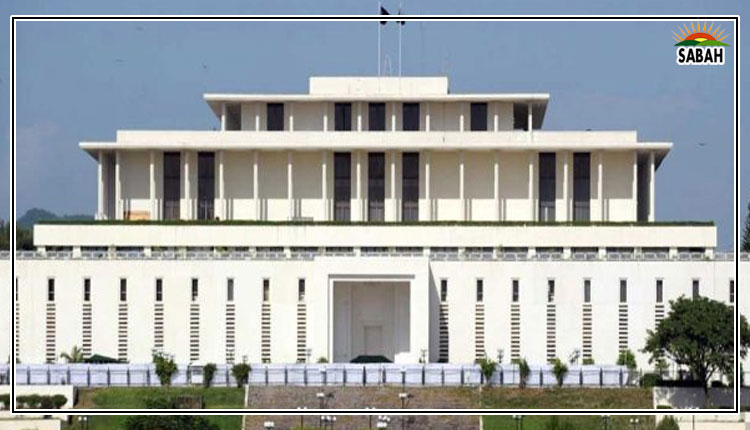ILO’s advice…Parvez Rahim
THE Committee of Experts on the Application of Conventions and Recommendations (CEACR) was constituted by the International Labour Organisation (ILO) to review compliance with two of its conventions ratified by Pakistan in the initial years.These are the Freedom of Association and Protection of the Right to Organise Convention, 1948 (No 87) and Right to Organise and Collective Bargaining Convention, 1949 (No 98).
The CEACR, hereafter referred to as the committee, has carried out a detailed analysis of all provisions of the federal Industrial Relations Act, 2012 (IRA) besides the review of four Acts, promulgated by the respective provinces. The committee endorses 29 changes to the Act so it conforms with the ILOs constitution. Provisions of the federal and the provincial laws are mostly based on the Industrial Relations Ordinance, 1969, generally accepted in Pakistan by employers and workersfederations.
If the tripartite constituents in Pakistan agree to some of the committees recommendations, basic amendments will have to be brought into existing provisions of the IRAs. Five recommendations are as follows:
a) The committee recommends deleting section 8 (2) (b) of the Act of 2012: A trade union shall not be entitled to registration where there are two or more registered trade unions in the establishment unless it has as its members not less than one-fifth of the total number of workmen employed in such establishment .
Amendments may be needed in the Industrial Relations Act.
When the first PPP government nationalised most industries in 1971, there were hardly one or two unions in each establishment. Some even imposed curbs on union activities, and they existed only in name. However, the situation took a drastic turn after nationalisation. There was a mushroom growth of unions in the state enterprise in Lahore, where I worked. In a few months, it had 17 registered unions, each with some eight to 10 office-bearers who would stop work on the pretext of raising issues with the management. Consequently, out of a workforce of around 2,500 workers, over 150 became non-productive. If the management took disciplinary steps, they responded with accusations of unfair labour practices. A similar situation prevailed in other state enterprises where productivity began to decline rapidly, becoming the governments reason to restrict unnecessary proliferation of unions by law. Now the ILO committee states it is important for workers to be able to change trade unions or to establish a new union for reasons of independence, effectiveness, or ideological choice.
b) The committee has recommended that the distinction between the Collective Bargaining Union (and minority unions) should be limited. The term minority unions does not refer to unions with members from ethnic or religious minorities, but unions other than the CBA. Besides, rights given to CBA under the law, the committee wants to grant the right to call a strike to other unions in an establishment. Presently, the CBA can go on strike only when there is a failure in the settlement of an industrial dispute. If this right is given to other unions, it will imply that the sword of strike will hang over an employers head at all times, despite a peace settlement with CBA.
c) The committee believes that the current rule any strike can be prohibited by the government after 30 days is not aligned with freedom of association. The decision to suspend or prohibit industrial action should not lie with the government but with an independent body. If the latter is nominated by the government, its advisable for the law to remain as it is for expeditious decision-making.
d) The committee recommends that federal and provincial legislation be amended to protect workers from penal sanctions. Present acts provide punishments of fine, imprisonment and dismissal for those supporting illegal strike or a go-slow, and for violations of the NIRC. I believe peaceful protests should not face punishment.
e) The committee has recommended collective bargaining rights to existing trade unions with less than one-third of the total number of employees, jointly or separately, at least on behalf of members. As the representative union, CBA should not have less than one-third of the total workforce in the establishment.
The ILO has given Pakistan until February 2026 to report on the recommendations of their committee. The government has indicated to the ILO that these will be reviewed by the tripartite constituents, comprising government officials, employers and workers. As all critical provisions of the IRA, 2012, are to be reviewed on the basis of the committees recommendations, this laborious task must be undertaken urgently to meet the ILOs deadline.
Courtesy Dawn












